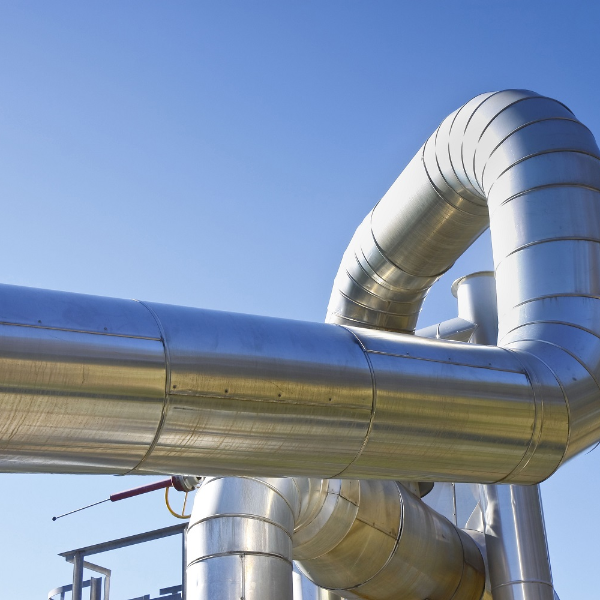Study on impact of inhibitors in geothermal energy

Study on impact of inhibitors in geothermal energy
Geothermal heat is an infinite and emission-free source of energy. That makes it an appealing and sustainable alternative to fossil fuels for the heating of buildings and factories. It will come as no surprise, therefore, that dozens of locations are already operational, nor that ambitions exist for the scaling up to around 175 geothermal locations in the Netherlands alone. The expectation, then, is that the geothermal sector will grow significantly in the coming period.
Knowledge Agenda Geothermal Heat
In 2018, Witteveen+Bos’s services were engaged by Knowledge Agenda Geothermal Heat, a collaboration between various government bodies and the business community with three main objectives: 1. reducing uncertainties and risks in the use of geothermal energy; 2. improving operational and energy efficiency; and 3. extending the useful life of geothermal energy sources. Witteveen+Bos’s task: investigate the environmental risks of using inhibitors to protect geothermal installations both above and below ground.
Inhibitors
The water pumped up as part of geothermal energy extraction is typically hot and rich in carbon dioxide and other substances, such as methane and salt. Due to these properties, the water has a corrosive effect on the equipment in the installations both above and below ground. This corrosion can reduce the thickness of pipes and lead to leaks which affect the surrounding soil. Scaling can also occur, leading to blockages or higher corrosion rates.
For long-term and sustainable heat generation, effective measures against these ‘degrading’ processes is necessary. Chemical protection via inhibitors is one of the methods used. Inhibitors are chemicals which neutralise the groundwater, meaning equipment does not rust away, scaling does not occur, and biological growth is prevented.
Study
Under assignment to Knowledge Agenda Geothermal Heat, we investigated which substances – in which doses and for what exact purpose – are used in geothermal projects in the Netherlands. We then calculated precisely what the risk is of these substances entering the environment or drinking water, including the possible effects. We also investigated which means could be applied, and in which way, without endangering the environment or drinking water. The ultimate aim is to enable the sustainable extraction of geothermal energy.
Using the results of our study, Knowledge Agenda Geothermal Heat can establish safe procedures, support its members in complying with environmental regulations, enter into discussions with stakeholders, and identify sustainable alternatives.
More information?

